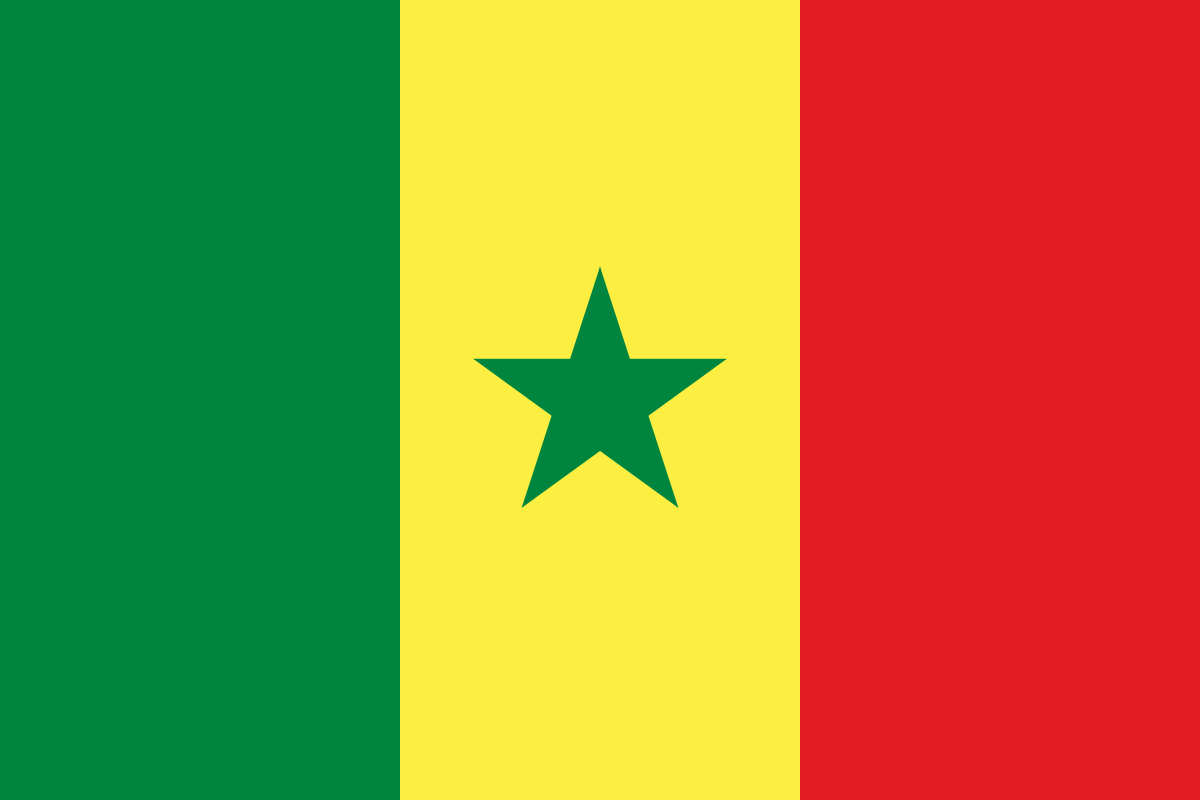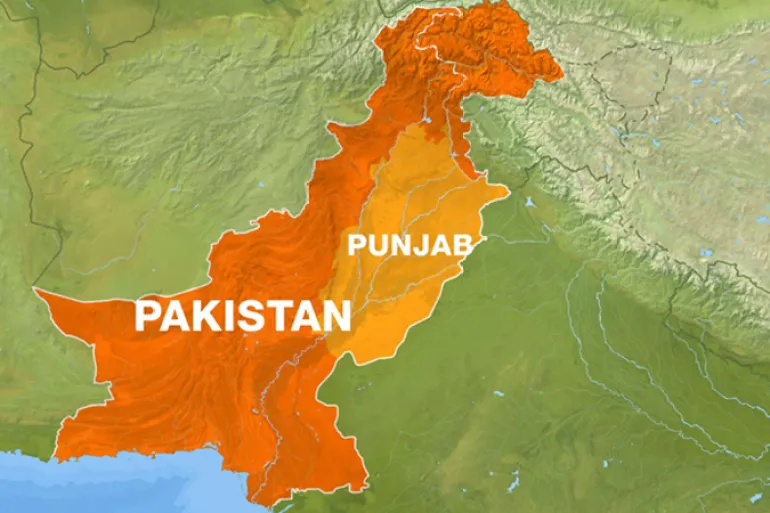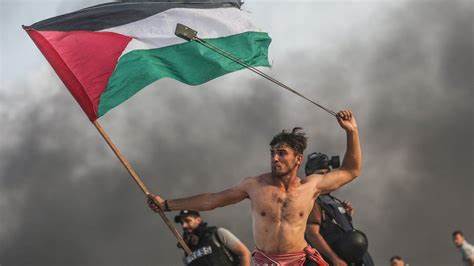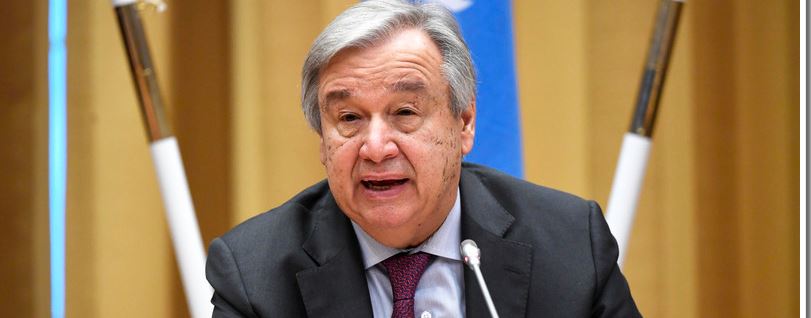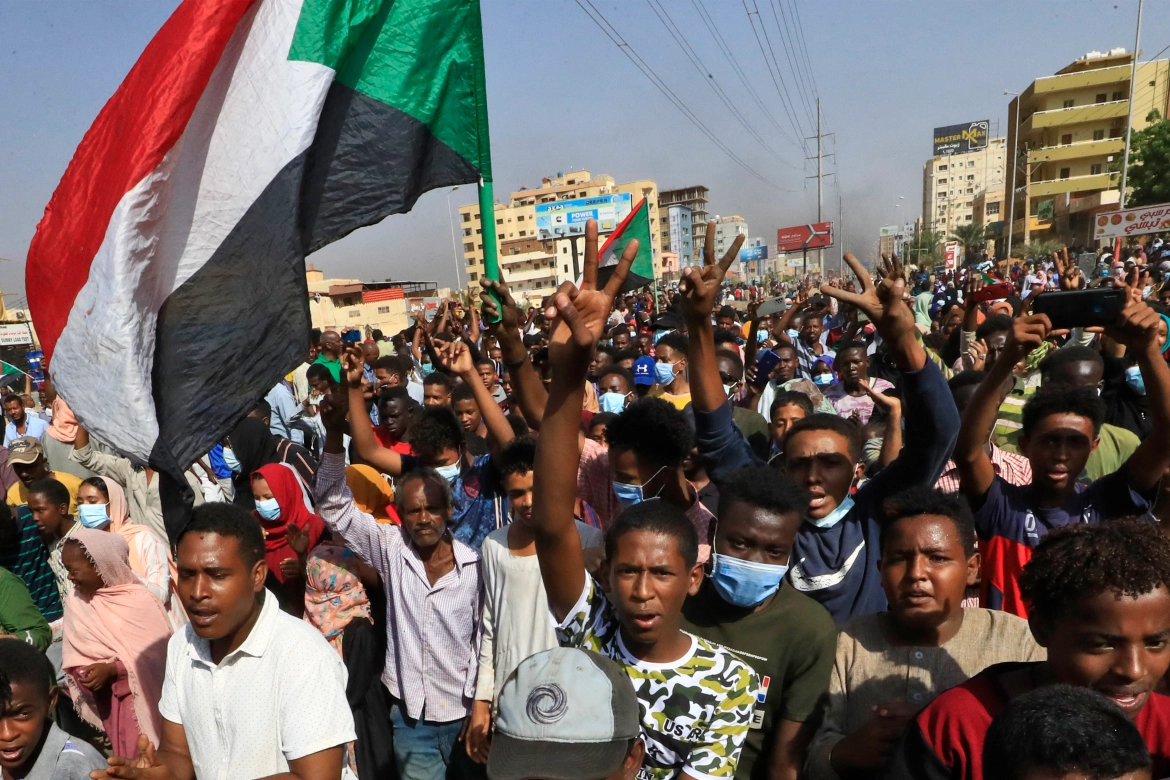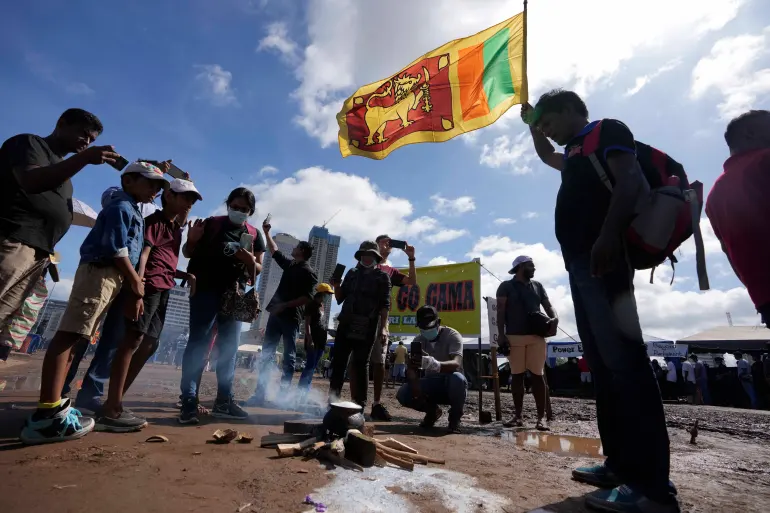![Human skulls of the Herero and Nama people displayed in Berlin [Reuters]](https://liberties.aljazeera.com/resources/uploads/2021/06/1622705180.jpg)
Human skulls of the Herero and Nama people displayed in Berlin [Reuters]
At the end of May the German government agreed to pay €1.1 billion in reparations to the Herero and Nama people as an act of officially recognising the genocide which occurred at the beginning of the 20th century in Namibia (then South West Africa).
During this genocide which occurred between 1904 and 1908, described as the first genocide of the twentieth century, tens of thousands of Herero and Nama were systematically shot and tortured by the German colonisers.
According to the May 2021 reparations agreement the reparations payments will be staggered over 30 years. The German government stated that the money is being paid for projects on ‘reconstruction and development.’
The agreement follows more than 5 years of negotiations between the German and Namibian governments. The Namibian government has been engaging the German government on the topic of reparations since 2006.
Whereas the decision to recognise the extermination as ‘genocide’ has been widely applauded, there has been strong criticism of the handling, terms and conditions of the reparations offer.
Genocide
At the end of the 19nth century German colonisers in the then South West Africa increasingly deployed violence against the groups that lived in the region for centuries including the Ovaherero, the Nama, the San and Damara.
In 1904, the Lieutenant-General for the German military in South West Africa, Lothar Von Trotha, issued a specific decree for the annihilation of the Herero. He said: ‘The Herero people are no longer German subjects…Within the German borders every Herero, with or without a gun, will be shot’.
Concentration camps for the Herero and Nama were established in Swakopmund, Karibib, Windhoek, Okahandja, Luderitz and Shark Island. One-third of those deported died on the journey to the camps. The camps became known for their extreme brutality and harsh living conditions. Methods of starvation, torture, dehydration, rape and death by exhaustion were all utilized in the camps. People were also driven into the Kalahari desert where many starved from hunger.
An estimated 90 000 people were either directly killed or starved to death. This constituted approximately 80% of the Herero population and 50% of the Nama population at the time.
‘Darkest period’
German foreign minister Heiko Maas described the genocide as ‘the darkest period in our shared history’.
In a press statement released on 28 May, Maas said that the German government would be ‘unreserved and unflinching’ in naming the events of the German colonial period ‘in what is now Namibia and in particular the atrocities between 1904 and 1908.’ He said: ‘We will now officially call these events what they are from today’s perspective: a genocide.’
Maas continued: ‘Given Germany’s historical and moral responsibility, we will ask Namibia and the descendants of the victims for forgiveness.’
According to the press statement the communities affected by the genocide will play a key role in shaping and implementing the ‘reconstruction’ programme.
Maas specified that the payment does not open the way to any ‘legal request for compensation’. This means that future lawsuits for reparation can not be brought against the German government.
‘A singular moment’
The new apology follows upon an apology by a German development minister in 2004, on the 100th anniversary of the start of the genocide, which was widely criticised.
Speaking to Al Jazeera, Philippe Sands, London-based professor of law, author and barrister, described the acknowledgement of the genocide as ‘a singular moment, an important step which could open many doors to the recognition of – and accountability for – historic acts of wrongdoing, including slavery and colonialism and other historic crimes against humanity and genocides.’
Sands added ‘Germany shows itself to be a torchbearer and a global leader for the idea of justice and the rule of law.’
Clara Sandoval, professor of law at the University of Essex said to Al Jazeera: ‘no reparation can happen without acknowledgement of the wrong by the wrongdoer and a clear recognition of what took place and why.’
‘While Germany’s acknowledgement happens more than a century later, it marks a turning point for a new generation of Herero tribespeople in Namibia. So does the apology and commitment of Germany to find reconstruction and development projects that would benefit those who suffered intergenerational harm. It also sets an example for those states like Turkey in relation to the Armenian genocide’, said Sandoval.
Long delay
But some Namibians such as Norman Tjombe, a human rights lawyer of Herero origin, remain critical of the way in which reparations have been handled by the German government, particularly the long delay in paying reparations.
Speaking to Al Jazeera Tjombe said: ‘The German government never wanted to pay reparations, even though it is paying reparations for the Holocaust. There are a lot of theories why: one of them being that the Ovaherero and Nama communities are black, and within the racist dogma, not entitled to payment. Another is that there were no living survivors of the genocide once Namibia became independent.
A number of Herero communities, including the Council of Chiefs, have rejected the German offer, saying they were not consulted during the negotiations. The Council of Chiefs described the amount as ‘insulting’ and ‘unacceptable’.
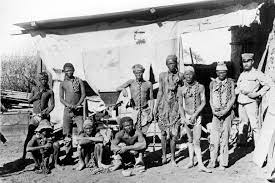
Tjombe adds: ‘There is also the argument that Germany is being blocked by other European countries – notably France, Britain and Belgium – not to pay reparations, as they will set a precedent for affected communities in Africa to also take issue with these colonial powers.’
‘It should be remembered that the Namibian government did not support any talk of reparations at the time – Germany was its biggest donor, and the ruling party, SWAPO’s, biggest support base was unaffected by the genocide. So, there was no incentive for the Namibian government to push ahead on this matter’ said Tjombe.
- Most Viewed
- Most Popular



